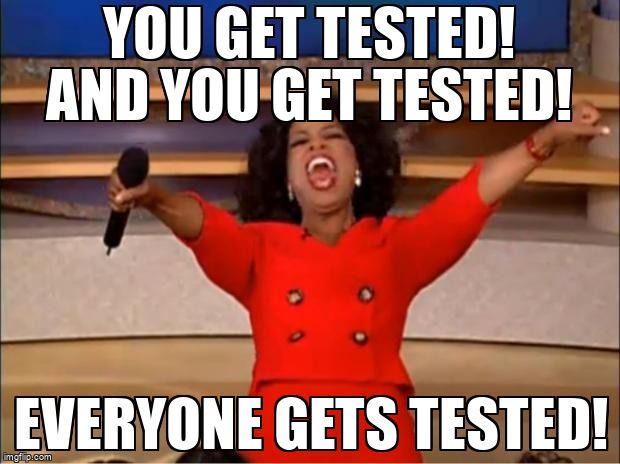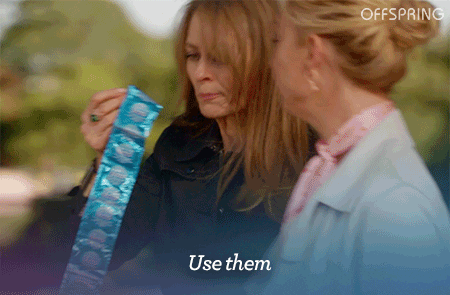STDs — sexually transmitted diseases — are infections that are spread through oral, anal, or vaginal sex.

The CDC estimates 20 million new STD infections each year.
Most people infected with STDs show little to no symptoms.
What can you do to help prevent the spread of STDs?
Did you know?
STD Prevention Methods
There are 5 important things you can do to prevent the spread of STD's

Be Abstinent
Get Vaccinated
Limit Your Sexual Partners
Practice Mutual Monogamy
Use Condoms
Be Abstinent
The best way to protect yourself from STDs is by not having sex.
Abstinence is 100% effective in preventing STDs from spreading.

Quiz
You only need to stop having vaginal intercourse to practice abstinence.
Get Vaccinated
Vaccines are safe and effective in preventing the spread of STDs. Two vaccines approved for use, are the hepatitis B and HPV (Human Papilloma Virus) vaccines.
 Photo by Ivan Diaz on Unsplash
Photo by Ivan Diaz on UnsplashHPV vaccines are recommended for preteens and young adults ages 9-26 years of age.
Hepatitis B vaccines are recommended for all ages.

Did you know?
Subscribe for more quick bites of learning delivered to your inbox.
Unsubscribe anytime. No spam. 🙂
Limit Your Sexual Partners
The more sexual partners you have, the more you increase your chances of contracting and/or spreading STDs.
 Photo by We-Vibe WOW Tech on Unsplash
Photo by We-Vibe WOW Tech on UnsplashLimiting the number of sexual partners you have is vital in decreasing your risk for STDs.
You and your partner should always get tested and share your test results with each other.

Did you know?
Practice Mutual Monogamy
A long-term monogamous relationship is one of the most effective ways to avoid STDs.
 Photo by Laura Margarita Cedeño Peralta on Unsplash
Photo by Laura Margarita Cedeño Peralta on UnsplashKey to monogamy

Agree to be sexually active with one person who has agreed to only be sexually active with you.
Have open and honest communication with your partner.
Ensure that you nor your partner are infected with STD's.
Did you know?
Use Condoms
Using condoms consistently and correctly is a safe, reliable, way to reduce STD transmission.

Make sure that you use condoms every time you have vaginal, anal, or oral sex.
Quiz
Which condoms do you think are the most effective in STD prevention?
Take Action
Protect yourself and your partner!
Your feedback matters to us.
This Byte helped me better understand the topic.

